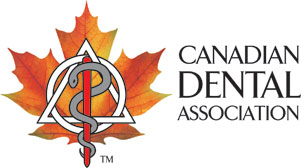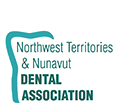Because dentists believe the best teeth are your own teeth, modern dental offices perform many different dental procedures to make sure you keep your teeth.
Your dentist may recommend a treatment or procedure to restore or replace a tooth that has been lost or damaged or to improve the appearance, health and function of your teeth. Some of these procedures are straightforward, while others are more involved.
The information in this section has been provided to help you understand the different treatments and procedures available to keep your smile healthy.
Bonding and Veneers – Bonding and veneers make your teeth look better by changing their colour, shape or spacing.
Bridges and Dentures – Bridges and dentures are 2 ways to restore a badly damaged tooth or replace a lost tooth.
Care After Minor Oral Surgery – After minor oral surgery, you may have pain, bleeding and swelling. This section offers some advice on dealing with these problems.
Crowns – If your tooth is damaged but not lost, a crown (also called a cap) can be used to cover the damaged part of your tooth. A crown protects your tooth from further damage.
Dental Implants – Dental implants are used to replace missing roots and support replacement teeth.
Fillings – There are several different types of fillings that can be used to fill a cavity, but the final decision on which type of filling is placed in your mouth is yours alone.
Orthodontics – Orthodontic treatment uses braces or other appliances to put gentle pressure on your teeth and eventually move them into the right position. They can either be fixed or removable.
Root Canal Treatment – Root canal treatment is the process of removing the infected, injured or dead pulp from a tooth.
Teeth Whitening – Although teeth are not naturally meant to be completely white, many Canadians want a brighter smile. Responding to this desire, a wide range of "whitening" options has become available to consumers.
This information is intended for informational use only and does not replace the professional care of your dentist. Only your dentist has the skills, training and expertise to identify and address all your oral health care needs. If you have a question or concern about your oral health, please talk to your dentist.











